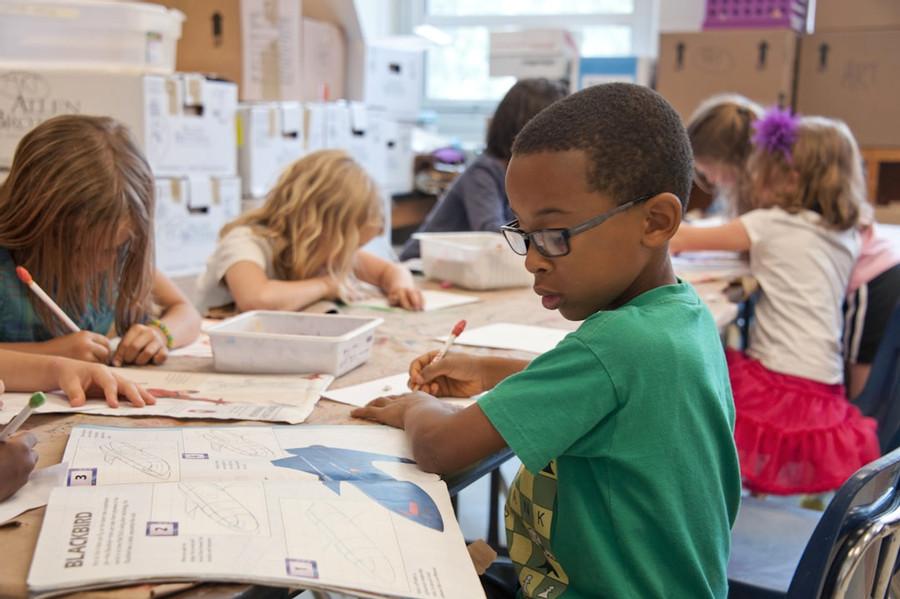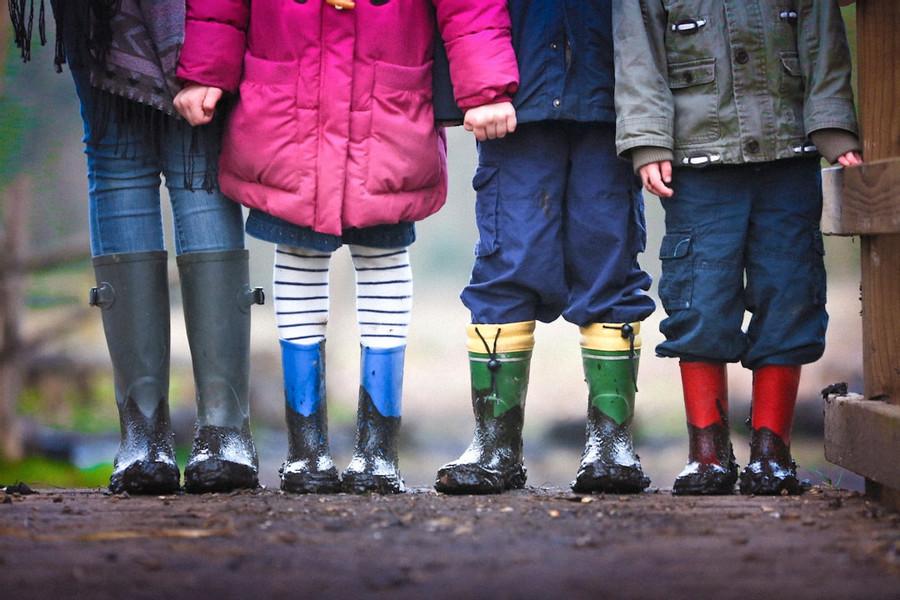What Is Education For?
Curated from: edutopia.org
Ideas, facts & insights covering these topics:
9 ideas
·1.27K reads
8
1
Explore the World's Best Ideas
Join today and uncover 100+ curated journeys from 50+ topics. Unlock access to our mobile app with extensive features.
The Purpose Of Education
Education is more than just an organized system of learning. Education should expand our consciousness, capabilities, sensitivities, and cultural understanding. It should enlarge our worldview. As we all live in two worlds—the world within you that exists only because you do, and the world around you—the core purpose of education is to enable students to understand both worlds.
In today’s climate, there is also a new and urgent challenge: to provide forms of education that engage young people with the global-economic issues of environmental well-being.
15
291 reads
Learning Vs Training
- Learning is the process of acquiring new skills and understanding
- Training is a type of education that is focused on learning specific skills
Children love to learn, they do it naturally; many have a hard time with education, and some have big problems with school.
Young people need to know, understand, and be able to do certain things. As a result, many do not fit in the assumptions of compulsory education.
12
242 reads
Understanding The Various Terms
There are a few terms that are often confused or used interchangeably—“learning,” “education,” “training,” and “school”—but there are important differences between them. It is vital that we differentiate these terms: Children love to learn, they do it naturally; many have a hard time with education, and some have big problems with school.
11
214 reads
The First Purpose: Personal
- Education should enable young people to engage with the world within them as well as the world around them
- All individuals have unique strengths and weaknesses, outlooks and personalities.
- Students do not come in standard physical shapes or sizes.
- They all have their own aptitudes and dispositions and different ways of understanding things.
11
112 reads
The Second Purpose: Cultural
- There are various definitions of culture, but the most appropriate is "the values and forms of behaviour that characterize different social groups."
- Education is one of the ways that communities pass on values from one generation to the next.
- Living respectfully with diversity is not just an ethical choice, it is a practical imperative.
10
100 reads
The Third Purpose: Economic
- Education should enable students to become economically responsible and independent.
- An educated workforce is essential to creating economic prosperity.
- The world of work has changed so profoundly since the Industrial Revolution.
- Many jobs are disappearing and being rapidly replaced by contemporary counterparts.
- Schools need to prepare students to navigate this ever-changing economic landscape.
11
87 reads
The Fourth Purpose: Social
- Education should enable young people to become active and compassionate citizens.
- For a democratic society to function, it depends upon the majority of its people being active within the democratic process.
- In many democracies, this is not the case.
- Schools should engage students in becoming active, and proactive, democratic participants.
11
78 reads
The Standard Curriculum
The conventional curriculum is based on a collection of separate subjects. These are prioritized according to beliefs around the limited understanding of intelligence we discussed in the previous chapter, as well as what is deemed to be important later in life. The idea of “subjects” suggests that each subject, whether mathematics, science, art, or language, stands completely separate from all the other subjects. This is problematic, and as we later find out, incorrect as well.
11
80 reads
The Eight Competencies
The concept of disciplines brings us to a better starting point when planning the curriculum, which is to ask what students should know and be able to do as a result of their education.
The four purposes suggest eight core competencies that if properly integrated into education, will equip students who leave school to engage in the economic, cultural, social, and personal challenges they will inevitably face in their lives.
These competencies are curiosity, creativity, criticism, communication, collaboration, compassion, composure, and citizenship.
12
75 reads
IDEAS CURATED BY
CURATOR'S NOTE
Education should not be one size fits all.
“
Anthony Frederick's ideas are part of this journey:
Learn more about education with this collection
Understanding machine learning models
Improving data analysis and decision-making
How Google uses logic in machine learning
Related collections
Similar ideas
7 ideas
15 ideas
10 ideas
Read & Learn
20x Faster
without
deepstash
with
deepstash
with
deepstash
Personalized microlearning
—
100+ Learning Journeys
—
Access to 200,000+ ideas
—
Access to the mobile app
—
Unlimited idea saving
—
—
Unlimited history
—
—
Unlimited listening to ideas
—
—
Downloading & offline access
—
—
Supercharge your mind with one idea per day
Enter your email and spend 1 minute every day to learn something new.
I agree to receive email updates







